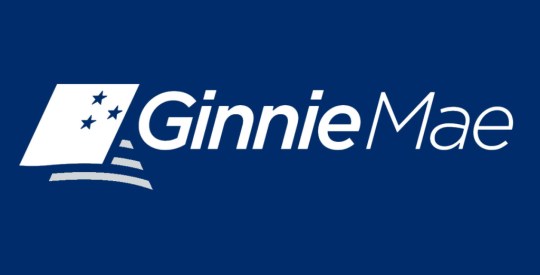Capstead Mortgage Corp. (CMO), a Dallas-based real estate investment trust (REIT), posted “core earnings” of $42.9m, or $0.54 per share, in Q409. That’s a slight increase from Q408 core earnings of $42.7m. The results come even after the REIT wrote down nearly $40m in commercial loan losses. In Q409, Capstead shifted its business away from commercial real estate to focus exclusively on residential investments during the quarter. The most significant cause of that shift was the $39.2m write-down of losses from the 2005 financing of the Four Seasons hotel in Nevis, West Indies. The hotel sustained heavy damages from a hurricane and the borrower defaulted. Since closing in October 2008, Capstead has faced issues recovering any losses from the defaulted loans and said it now no longer anticipates any meaningful recovery on this investment. According to analysts at Barclays Capital the worst performing commercial property sector is hotels. Last quarter, they note hotels saw a 177bp increase, to 11.4%, in the 30+ day delinquency rate, led by the $200m Renaissance Mayflower Hotel, located near the White House, and $130m Trinity Hotel Portfolio, a hotel investment consortium, both of which were transferred to a special servicer, likely for an orderly liquidation. Capstead, on the other hand, reports net income of nearly $2.6m, resulting in a loss of $0.04 per diluted common share after considering preferred share dividends. On January 20, Capstead paid a Q409 dividend of $0.54 per common share. Capstead manages a leveraged portfolio of residential mortgage pass-through securities comprised almost exclusively of agency-backed adjustable-rate mortgages (ARM). In Q409, yields on Capstead’s interest-earning assets averaged 3.5%, down 40bps from an average yield of 3.9% during Q309. The company said the decline was due to lower coupon interest rates on ARM loans underlying the portfolio that reset to more current interest rates and lower yielding portfolio acquisitions. The company said mortgage prepayments remained at “favorable levels,” with total portfolio runoff at an average 20.9% annualized rate (a 19.1% constant prepayment rate), compared to 21.6% (a 19.9% constant prepayment rate) in Q309. Prepayments are restrained by reduced mortgage activity from declining home values and tougher underwriting standards. “Even as yields on our current-reset ARM securities continued resetting to more current interest rates this quarter, the effects on our financing spreads were largely offset by declining interest rates on our short-term borrowings,” said Capstead president and CEO Andrew Jacobs. However, Capstead said, it expects higher prepayments levels in 2010 as a result of increased in buy-out activity by Fannie Mae (FNM) and Freddie Mac (FRE) related to seriously delinquent loans and the government’s modification programs. Write to Austin Kilgore. The author held no relevant investments.
Capstead Writes Off $40m in Commercial Real Estate Liability
Most Popular Articles
Latest Articles
Ginnie Mae expands its monthly single-family reporting
The company seeks to monitor potential delinquencies and reduce financial strain on nonbanks
-
Freddie Mac’s proposed home equity product could unlock $850B in originations
-
Brian Icenhower on impact of commission lawsuits and low volume
-
Opinion: If you’re chasing volume, you’re chasing the wrong carrot
-
Why are existing home prices rising when sales are still so low?
-
FundingShield’s Ike Suri on the limits of AI in fighting fraud



